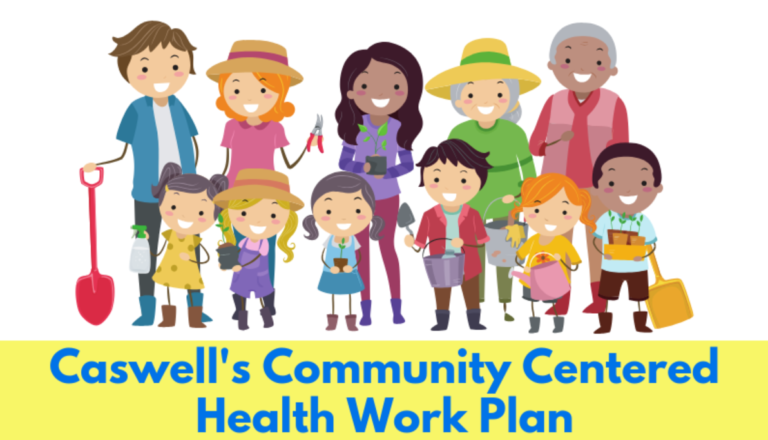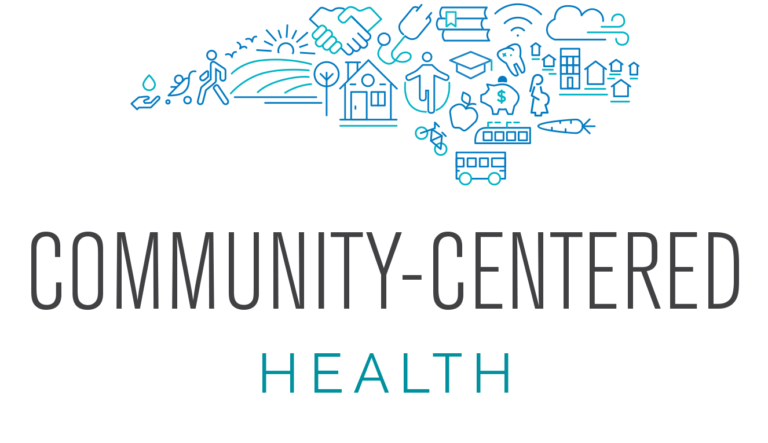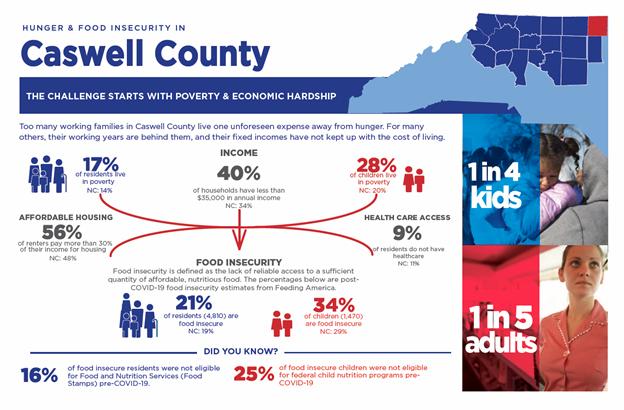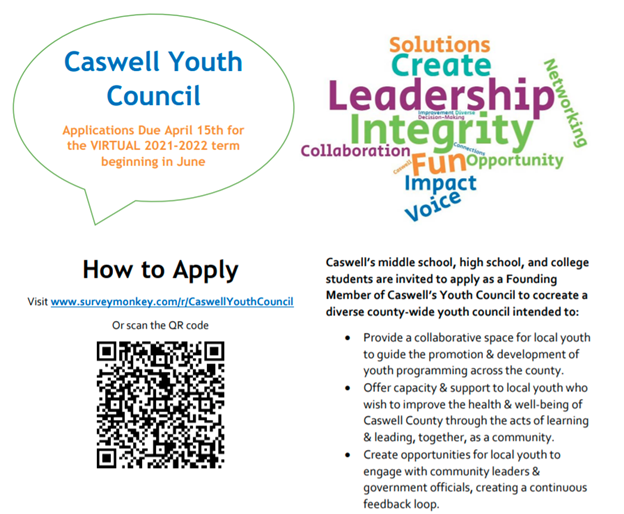There have been a few key questions floating around Caswell County in recent years –
- What does it mean to be a healthy community? What are the many factors impacting our health?
- What impact does community have on our opportunities? Do we all have access to the same opportunities? What barriers do we face?
- What is it that we love about our community? What makes our community unique? What are its greatest assets?
- What is important to us? How do we determine our priorities? Are the decisions we make reflective of our values?
- What does it mean to be in community with one another? How do we each show up in these shared spaces, and how do we work together?
- What could we to improve the overall health and well-being of our community? How can we increase our community’s capacity? What is possible?
Nearly 350 people have come together in small groups to wrestle with these questions. Our perspectives – our backgrounds, our ideology, our political affiliations – vary greatly but everyone agrees that we want to live in a strong, healthy community where everyone has equitable access to opportunity. We also all agree that a Community-Centered Health approach is our best chance for success.
But what is a Community-Centered Health approach?

At its core, Community-Centered Health brings together health care organizations, community partners, patients, and residents to ensure that our community supports good health. It starts with an understanding that health is about more than what happens at the doctor’s office, and it is about more than individual choices. The World Health Organization (WHO) defines these Social Determinants of Health as “the conditions in which people are born, grow, work, live, and age, and the wider set of forces and systems shaping the conditions of daily life, including economic policies and systems, development agendas, social norms, social policies, and political systems.”
Perhaps the most critical piece of the Community-Centered Health approach is that community members are at the center of the decision-making process – they are asked to identify priorities, goals, and strategies and to make decisions about the changes that need to happen in their community.
The Community-Centered Health approach does not focus its efforts on changing individual behavior. Instead, Community-Centered Health strategies seek to create better opportunities for individuals to achieve and maintain good health. These strategies often lead to policy, systems, and environmental changes that create long-term impact.
Clinical partners also play a key role in the Community-Centered Health approach as providers expand their focus to populations beyond the patients they serve directly, building strong relationships throughout the community. Providers and/or healthcare systems then make changes to the processes or culture within their organizations in response to the priorities identified by the community.
The Caswell Chapter of The Health Collaborative invites you to join in these ongoing conversations as we continue to work together to develop shared language, common goals, and trusting relationships across sectors. What opportunities would you like to create?
To learn more about how you can be involved in the Community-Centered Health work being done in Caswell County or to sign up for our e-newsletter, please contact me at smoretz@caswellmedical.org or 336-694-1181, ext. 221.
The Caswell Chapter of The Health Collaborative is grateful to the Blue Cross and Blue Shield Foundation of North Carolina for their support of the Community-Centered Health work being done in Caswell County.


